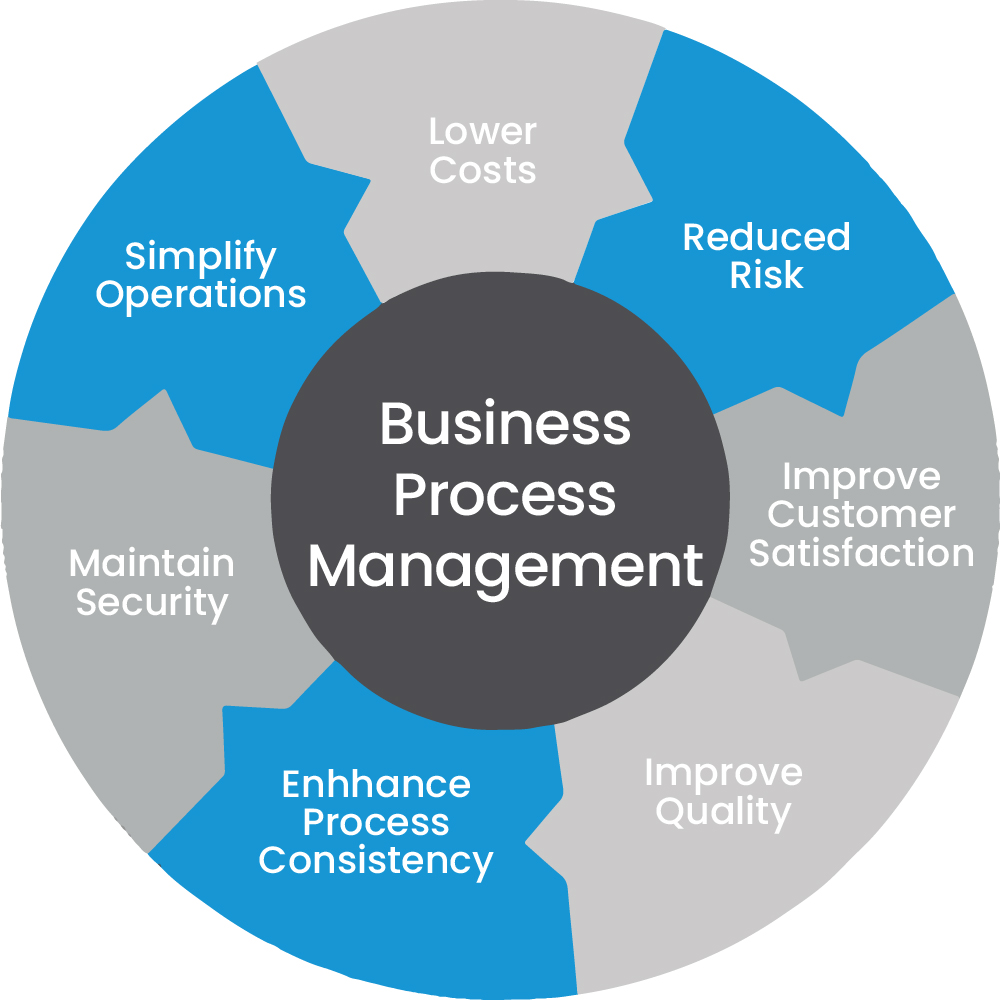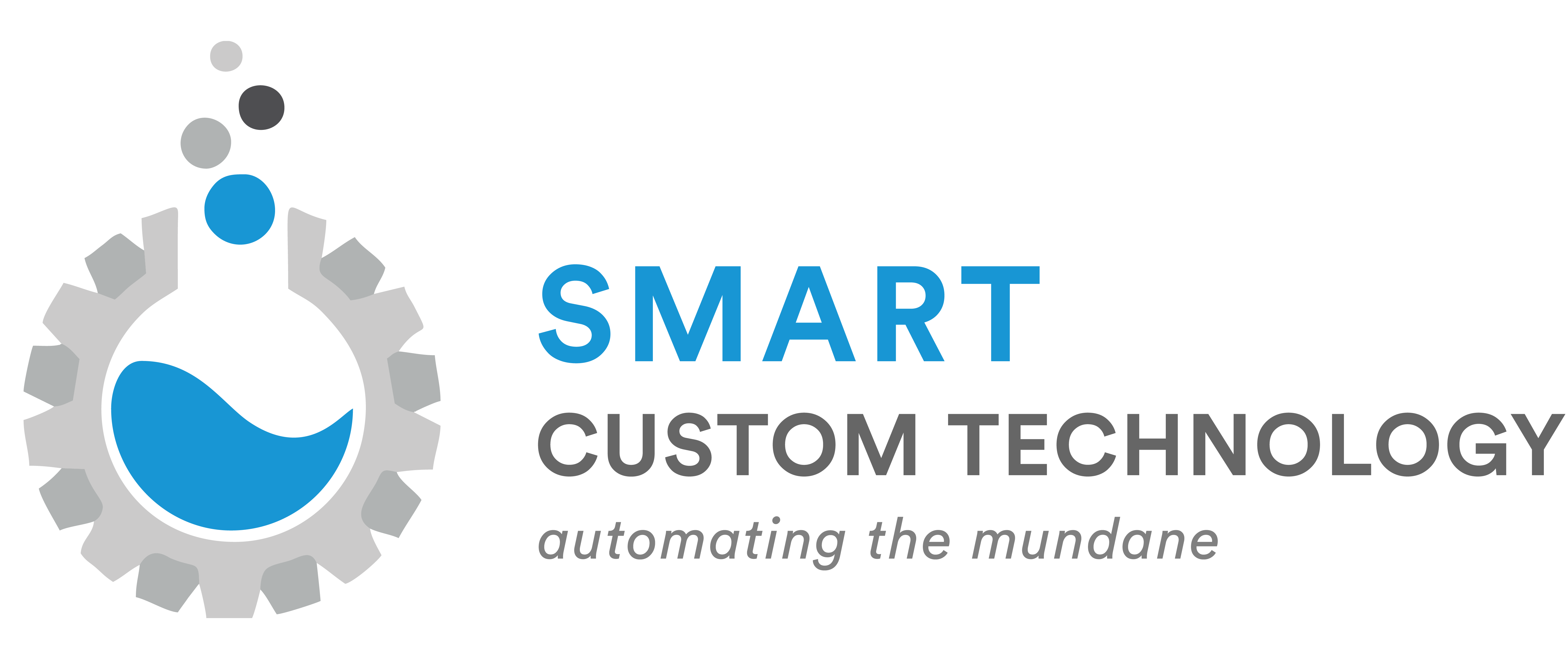BPM
Business Process Management
Business Process Management (BPM) is a way to improve and standardize processes in an organization. It can eliminate human error and process gaps while improving efficiency and compliance.
As an approach, BPM sees processes as important assets of an organization that must be understood, managed, and developed to announce and deliver value-added products and services to clients or customers. This approach closely resembles other total quality management or continual improvement process methodologies.


Business Process Automation
Business process automation, also known as business automation or digital transformation, is the technology-enabled automation of complex business processes. It can streamline a business for simplicity, achieve digital transformation, increase service quality, improve service delivery or contain costs.
Business Process Automation vs Business Process Management
BPA and BPM are related, and in some ways complementary, but they’re not the same. BPA is about automating processes with Robotics Process Automation (RPA) Software, while BPM is about managing processes, which may or may not involve automation with document and task management software. Simply put, all BPA can be considered to be a form of BPM, but not all BPM may include BPA.
Business Process Automation (BPA) refers to any method that is used to streamline business processes through automation. It can take on a wide variety of applications and tools that aim to achieve gains in productivity, agility, efficiency, and compliance in the day-to-day tasks of a business.
Common examples of processes that benefit from BPA and BPM

Automated Invoicing

Compliance Management

Document Management

Human Resources and Onboarding

Laboratory Information Management

Compiling Reports and Structuring Data

Fund and Grant Management


